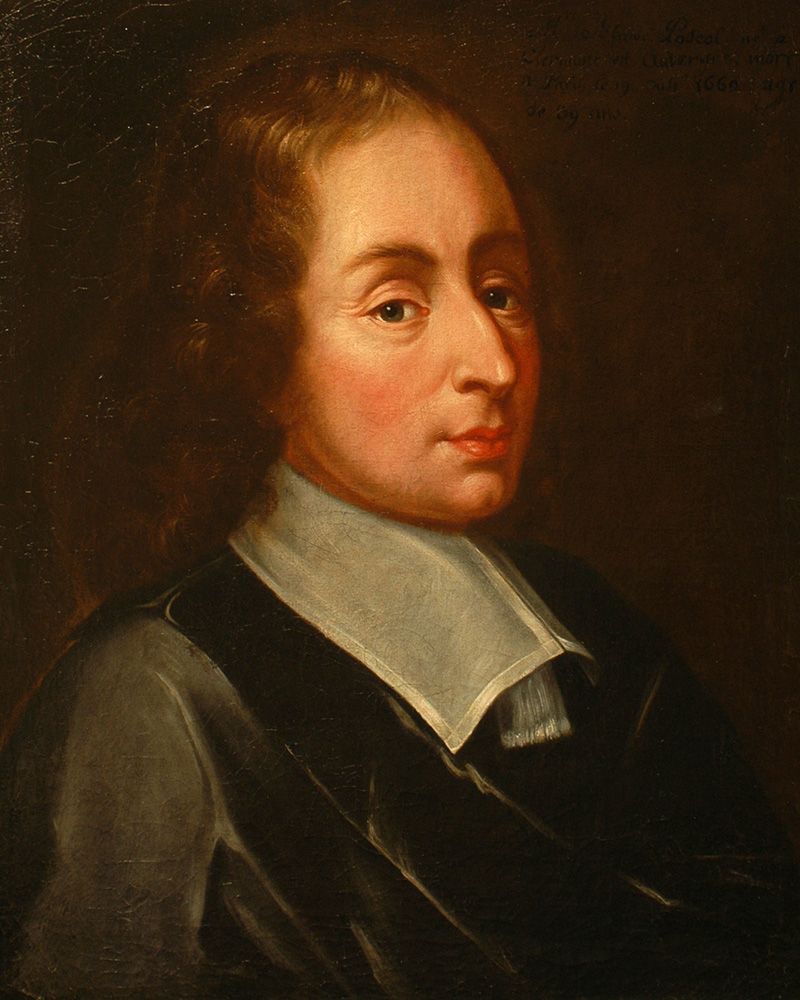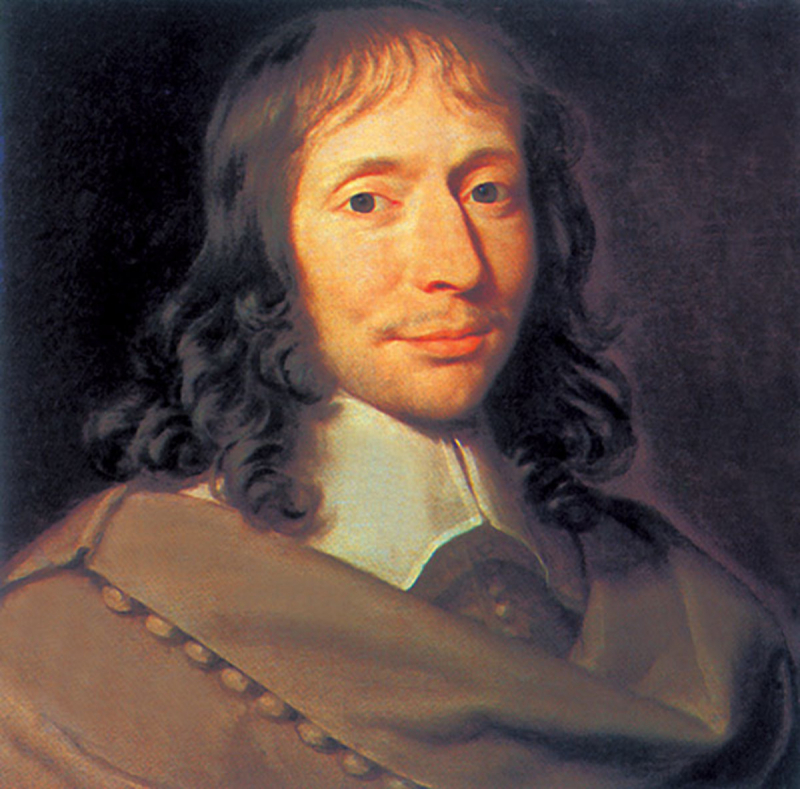Blaise Pascal

The contemporary theory of probabilities was founded by the French mathematician, physicist, and philosopher of religion Blaise Pascal. The only son of Etienne and Antoinette Pascal, Pascal was born on June 19, 1623, in Clermont-Ferrand, France and died on 19 August 1662 (aged 39). He was the third of four children. In order to provide an unconventional curriculum and ensure that Pascal could express his own intrinsic interest, Etienne decided to educate Pascal at home when the family relocated to Paris in 1631. Pascal's early education focused on languages, particularly Latin and Greek.
Pascal's most significant contribution to mathematics was the invention of probability theory. It was originally used to describe gambling, but it is now crucial to economics, particularly actuarial science. In his 1654 book Traité du triangle arithmétique, now known as Pascal's triangle, Pascal devised a practical tabular display for binomial coefficients. He termed it the arithmetical triangle. Pascal started thinking about several cycloid-related issues in 1658 while experiencing dental pain. He saw the disappearance of his toothache as a divine sign to continue with his investigation. He finished writing his essay eight days later, at which point he suggested a competition to make the results known. Pascal made contributions to a number of physics subfields, most notably fluid mechanics and pressure. The name Pascal has been given to the SI unit of pressure and Pascal's law in recognition of his scientific accomplishments (an important principle of hydrostatics). In his quest to create a perpetual motion machine, he invented the roulette wheel and a crude version of the game of roulette.
Pascal's innovations and discoveries helped shape the areas of geometry, physics, and computer science, and also had an impact on 17th-century thinkers like Isaac Newton and Gottfried Wilhelm Leibniz. In recognition of the thinker's contributions to the knowledge of atmospheric pressure and how it could be calculated in terms of weight, the Pascal (Pa) unit was named after him throughout the 20th century.








